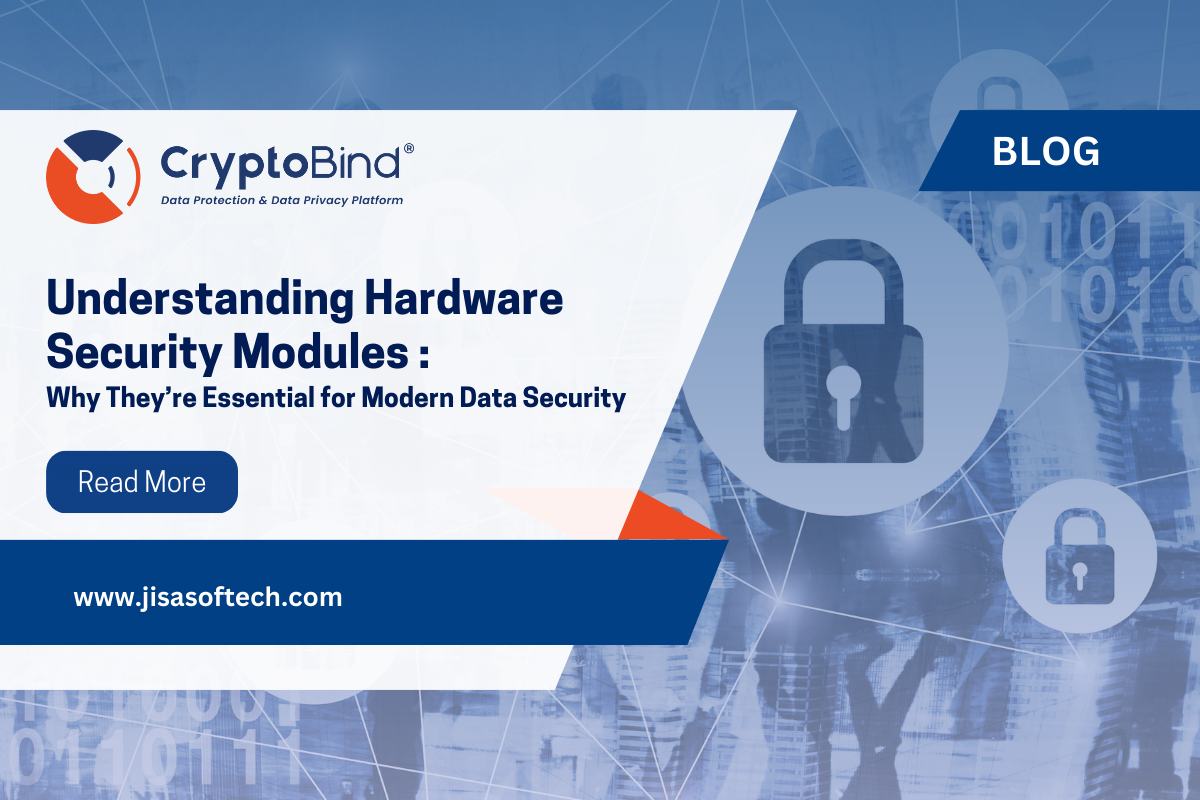Understanding Hardware Security Modules: Why They’re Essential for Modern Data Security
In a world where cyber threats grow increasingly sophisticated, protecting sensitive business data is no longer optional—it’s essential. Modern organizations face constant risks from cyberattacks, data breaches, and regulatory pressures. Among the most reliable solutions for mitigating these risks are Hardware Security Modules (HSMs). These robust, tamper-resistant devices offer unparalleled security for managing cryptographic keys and safeguarding critical data.
Let’s dive deeper into what HSMs are, how they function, and why they are becoming indispensable for businesses in the digital age.
What Are HSMs?
At their core, Hardware Security Modules (HSMs) are specialized devices designed to protect, manage, and securely execute cryptographic operations. These include encryption, decryption, key management, and digital signing. Unlike software-based solutions, HSMs are hardware-bound, providing a tamper-resistant environment for processing sensitive data.
This secure design ensures that critical cryptographic keys are never exposed to external systems, significantly reducing the risk of theft or unauthorized access.
The Role of HSMs in Cybersecurity
HSMs serve as the backbone of modern data security strategies, offering:
- Key Generation and Storage: HSMs securely generate and store cryptographic keys, ensuring their randomness and integrity.
- Encryption and Decryption: Sensitive information is processed within the HSM’s secure environment, protecting data during transmission or at rest.
- Authentication and Signing: HSMs generate digital signatures, ensuring the authenticity and integrity of communications and transactions.
- Regulatory Compliance: Many industries rely on HSMs to meet stringent standards like GDPR, PCI-DSS, and FIPS 140-3.
For businesses ranging from e-commerce to banking, HSMs are essential for protecting financial transactions, customer data, and intellectual property.
Key Benefits of Implementing HSMs
- Enhanced Security
HSMs offer an additional layer of protection by safeguarding cryptographic keys and sensitive operations from both physical and cyber threats. Their tamper-resistant design ensures that even determined attackers cannot access critical data.
- Regulatory Compliance
Meeting industry and government regulations is simplified with HSMs. Their robust design and adherence to standards like PCI HSM and Common Criteria help businesses maintain compliance and avoid penalties.
- Data Integrity and Authenticity
By leveraging HSMs for digital signing and authentication, organizations can ensure that communications and transactions remain trustworthy and tamper-proof.
- Improved Operational Efficiency
Automating cryptographic tasks with HSMs frees up IT resources, allowing teams to focus on innovation rather than security maintenance.
- Customer Trust
Demonstrating a strong commitment to cybersecurity builds confidence with clients and stakeholders, fostering loyalty and improving reputation.
Key Features That Make HSMs Indispensable
HSMs are built on several critical features that make them a cornerstone of cybersecurity infrastructure:
- Secure Key Management: From generation to destruction, HSMs ensure that cryptographic keys are handled securely, preventing accidental loss or unauthorized access.
- Versatile Cryptographic Capabilities: Supporting a variety of algorithms, HSMs can cater to diverse business needs across industries, from secure payment processing to certificate issuance.
- Tamper-Resistant Design: Equipped with physical and logical security measures, HSMs can detect and respond to tampering attempts, often triggering key deletion protocols to protect data.
- High Performance and Scalability: Built with dedicated hardware accelerators, HSMs handle large-scale cryptographic operations efficiently, making them ideal for demanding applications like real-time payment systems.
- Stringent Access Controls: Multi-factor authentication and role-based access controls ensure that only authorized users can operate the HSM.
Why Your Business Needs HSMs
As digital transformation accelerates, organizations are increasingly relying on secure, scalable, and efficient cybersecurity solutions. HSMs are uniquely positioned to address these needs by:
- Reducing the Risk of Data Breaches: With keys safely stored within the hardware, attackers have no entry point for data theft.
- Streamlining Compliance Efforts: Built-in support for global standards simplifies the regulatory landscape for businesses.
- Supporting Future-Proof Security: HSMs are now designed with post-quantum cryptography capabilities, ensuring long-term protection.
For industries like banking, healthcare, and e-commerce, where data security is paramount, adopting HSMs is not just a choice but a necessity.
A Stronger Future with HSMs
In today’s cyber-driven world, relying on hardware-based security solutions like HSMs is a strategic move that strengthens your organization’s defenses. By understanding and integrating HSMs into your cybersecurity framework, you can confidently protect your digital assets, enhance customer trust, and stay ahead in a rapidly evolving threat landscape.
Take the next step in safeguarding your business—invest in HSMs and fortify your digital future. For details about how CryptoBind Hardware Security Module can meet your specific requirements, please reach out to us.
Contact us:
www.jisasoftech.com
sales@jisasoftech.com







